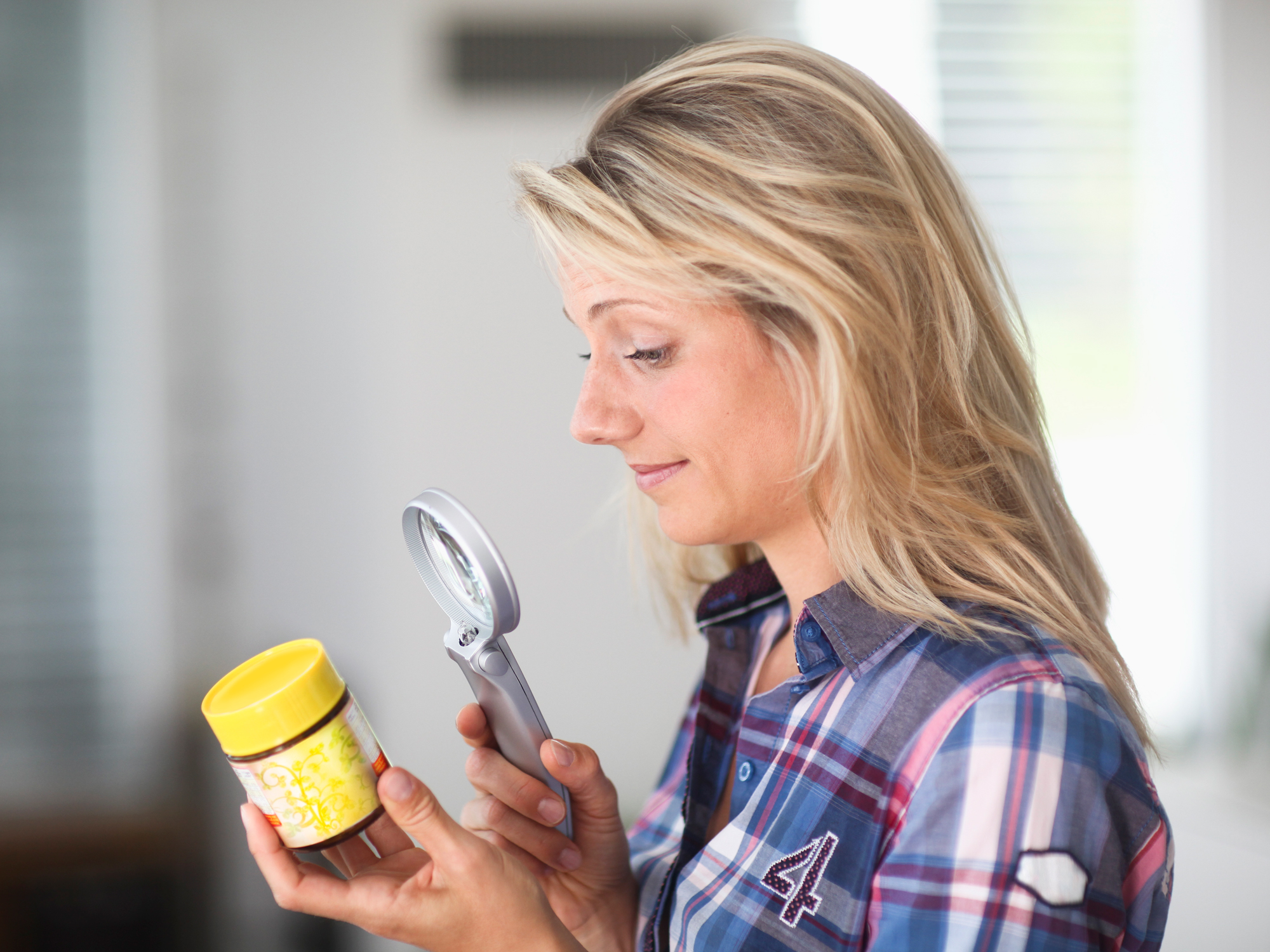Get Easy Health Digest™ in your inbox and don’t miss a thing when you subscribe today. Plus, get the free bonus report, Mother Nature’s Tips, Tricks and Remedies for Cholesterol, Blood Pressure & Blood Sugar as my way of saying welcome to the community!
Natural ways to fight diabetic vision loss

If you have type 2 diabetes, you’re no doubt aware of the potential complications that can occur due to high blood sugar levels — one of them being diabetic retinopathy.
Retinopathy occurs due to damage to the retina in the eye and it’s the most common cause of vision loss and blindness in people with type 2 diabetes.
In terms of prevention and treatment, the most important step you can take is to keep your blood sugar levels within healthy goal ranges. But beyond that, research shows there are a few things that may provide further protection…
Taurine
Taurine is the most abundant amino acid found in the retina of the eye and researchers believe deficiency leads to photoreceptor degeneration. The body can produce this amino acid internally so it’s never been considered an essential nutrient…
However, researchers have discovered that chronically high blood sugar levels result in depletion of taurine in type 1, type 2, and gestational diabetes.
Several animal studies show that taurine slows the development of retinopathy, weakens the negative reactions that occur in retinal cells and prevents retinal cells from degeneration.
At this stage no human studies have been conducted, at least not in terms of retinopathy. But the good news is, taurine supplementation in diabetic patients has been shown to improve glucose metabolism and insulin sensitivity, so either way it could be a win/win for you!
The suggested dosage for supplementation ranges from 1.5 to 3 grams per day.
Lutein and zeaxanthin
Oxidative damage is central to the development and progression of retinopathy and that’s where these two antioxidant nutrients show some great benefits.
In patients with diabetic retinopathy given 10 mg day of lutein supplementation for 36 weeks, vision improved significantly. Another study in patients given a combo of 6 mg day lutein and 0.5 mg day zeaxanthin showed the same positive outcomes: several aspects of vision improved.
And not only can these antioxidants assist with treatment, a number of trials have shown they reduce the odds of getting retinopathy in the first place.
Combo antioxidants/ coenzyme Q10
Researchers gave patients with diabetic retinopathy a combo antioxidant supplement containing pycnogenol 50 mg, vitamin E 30 mg and coenzyme Q10 20 mg, one tablet per day for 6 months. And with promising results…
Both oxidative stress and central macular thickness were significantly reduced, with their overall vision improving!
Another study had three groups of diabetic patients randomized to either coenzyme Q10 400 mg day; an antioxidant combo (lutein, vitamin C, zeaxanthin, vitamin E, zinc); or placebo. Again with promising results…
The two groups taking coenzyme Q10 and combo supplements showed a significant ability to suppress oxidative stress and a normalization of antioxidant status, which means they achieved a balance of oxidants/antioxidants to prevent further damage.
Healthy eyes as easy as 123
This is all great news — especially if you are diabetic or have prediabetes. But any of us should do all we can to keep our eyes as healthy as possible as we age. Getting started on the supplements from these studies would be your starting point. Just make them count, and here’s what I mean:
- When choosing a good CoQ10 supplement, look for one that is completely soluble. Conventional CoQ10 supplements can crystallize during the production process which lowers CoQ10 bioavailability. Ubiquinol is a form of CoQ10 that is clinically proven to provide superior bioavailability.
- Many vision supplements contain both lutein and zeaxanthin, but not all contain the “free form” of these nutrients found naturally in your diet.
- You may have seen taurine listed as an ingredient in energy drinks, which have a bad rap. Don’t let that deter you from supplementing with taurine for your eye health (and as a bonus, it’s beneficial for your cardio health). Fish, shellfish, brewer’s yeast, eggs, many dairy products, and even seaweed are good food sources.
Sources:
- Zhang PC, et al. Effect of lutein supplementation on visual function in nonproliferative diabetic retinopathy. — Asia Pac J Clin Nutr. 2017;26(3):406-411.
- Neelam K, et al. Putative protective role of lutein and zeaxanthin in diabetic retinopathy. — Br J Ophthalmol. 2017 May;101(5):551-558.
- Domanico D, et al. Circulating levels of reactive oxygen species in patients with nonproliferative diabetic retinopathy and the influence of antioxidant supplementation: 6-month follow-up. — Indian J Ophthalmol. 2015;63(1): 9-14.
- Ito T, et al. The potential usefulness of taurine on diabetes mellitus and its complications. — Amino Acids. 2012 May; 42(5):1529-1539.
- Rodríguez-Carrizalez D, et al. The effect of ubiquinone and combined antioxidant therapy on oxidative stress markers in non-proliferative diabetic retinopathy. — Redox Rep. 2016 Jul;21(4):155-63.












